The Federal Law on Economic Competition (LFCE) prohibits agreements between competitors to fix prices, divide markets, restrict supply or demand, or coordinate bids.
Absolute monopolistic practices have the most severe sanctions in the LFCE, and Mexican competition authorities allocate significant resources to investigate and sanction them.
The LFCE’s Explanatory Memorandum was clear in stating that it must “act vigorously and without exceptions against absolute practices, since they are unlikely to bring efficiency advantages and always have a direct and negative impact on the consumer and the economy in general.”
The provision in the LFCE prohibiting anticompetitive agreements between competitors has barely changed in these 30 years.
The 2006 reform adjusted the text to prohibit these conducts from both the supply and demand side.
The new LFCE establishes that the exchange of information between competitors will be sanctioned when it has the purpose or effect of fixing prices, dividing markets, restricting supply or demand, or coordinating bids. The 1992 LFCE only sanctioned the exchange of information with the purpose or effect of fixing prices.
There are two issues that, with the 2006 reform and the new LFCE, have strengthened the powers of investigation of absolute monopolistic practices: a) Cofece´s Investigative Authority has more instruments to investigate, since the 1992 LFCE only authorized the Commission to request information and documentation; and b) the immunity program implies that competitors involved in the practice may acknowledge their participation and submit evidence of their participation, in order to obtain the benefit of reduced sanctions, with which the authority obtains direct evidence of collusion.
It must be considered that, according to the criteria of the competition authority and the Federal Judiciary, to sanction a monopolistic practice:
- the size of competitors in the market is irrelevant. The authority has sanctioned companies or businessmen that individually have a little participation in the market, such as tortilla-makers, laundromats, transportation companies, among others.
- It is sufficient that only two competitors participate in the agreement; the LFCE does not establish that the majority or all the competitors must participate in the anti-competitive agreement to sanction the conduct.
- the standard of proof for the authority is low. The authority can sanction with indicia evidence. The reason is that generally these agreements between competitors are made in secret and those involved try not to leave evidence of their conduct.
- it is irrelevant whether the agreement among competitors is pro-competitive. Defense arguments made by competitors related to efficiency, market size, competitors’ power, profit obtained, to “order the market”, or any other reason that “justifies” the agreement between competitors, are not taken into consideration. The authority always sanctions competitors who agree to carry out the anticompetitive conduct.
- the authority must prove the quality of competitors of those involved in the unlawful conduct, without having to analyze the relevant market, substantial power, or whether the behavior is efficient.
In collusive agreements, not only the competitors may be sanctioned, but also the individuals directly involved or those who assist in the execution of the practice. Sanctions may include a fine, and disqualification from exercising certain positions, in addition to the corresponding criminal sanctions.
Throughout these thirty years, Mexico has faced several cases of absolute monopolistic practices that have had a significant impact on different sectors of the economy. Some of these cases have involved national and international companies that have been sanctioned by Cofece for their participation in anti-competitive behavior.
Image credit: © COFECE / Source: https://www.cofece.mx/wp-content/uploads/2023/06/logo30anos3D_Mesa-de-trabajo-1.png


